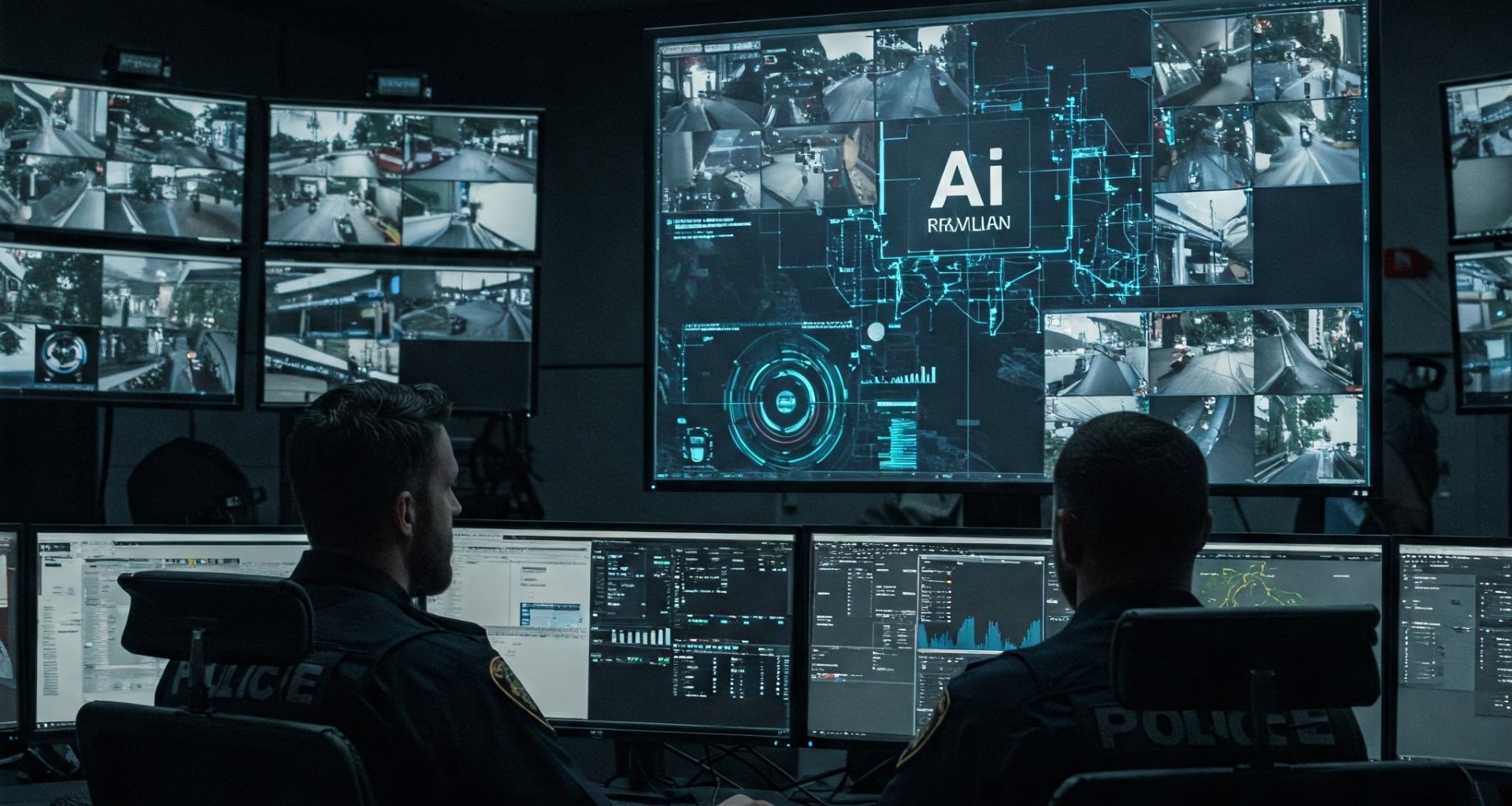Police forces around the world are increasingly turning to artificial intelligence to enhance surveillance, sparking debate over privacy, ethics, and security. From facial recognition cameras to predictive policing algorithms, AI is playing an expanding role in law enforcement.
In China, authorities have deployed extensive networks of AI-powered facial recognition cameras to track individuals in public spaces. While the technology is effective for crime prevention, it has raised concerns about mass surveillance and civil liberties violations. In the United States, police departments are adopting predictive policing, where AI analyses crime data to forecast potential criminal activity. Critics argue the system risks reinforcing racial and socio-economic biases in policing.
Across Europe, AI-assisted investigations are on the rise. Europol’s Innovation Lab uses AI to process large volumes of criminal data, prompting calls for greater transparency and accountability. AI-driven surveillance is also being used in authoritarian regimes to suppress dissent.
In Russia, AI-powered facial recognition systems have reportedly been used to track and detain protesters. In Egypt, AI monitors social media for signs of dissent, analysing keywords, hashtags and online activity to predict and suppress protests. In Delhi, police are deploying AI-equipped drones to monitor under-construction buildings and detect potential threats.
AI surveillance tools extend beyond facial recognition. Automated licence plate recognition (ALPR) systems are widely used to track vehicles linked to criminal activity. These systems scan and store vehicle data, allowing police to identify stolen cars or trace suspects’ movements. While effective, such tools raise ongoing concerns about mass surveillance and data privacy.
Despite the advantages AI offers in crime prevention, privacy advocates warn that unregulated AI surveillance could result in wrongful arrests, abuse of power and erosion of individual freedoms. Human rights groups such as Amnesty International have called for clearer regulations on police AI use, urging governments to prioritise ethical considerations over technological advancement.
The ethical concerns are not limited to privacy violations. Predictive policing, which uses AI algorithms to forecast crime hotspots, has been criticised for reinforcing systemic bias. Studies show it disproportionately targets marginalised communities, leading to over-policing in certain areas. AI surveillance has also been linked to government overreach. In China, surveillance networks have reportedly monitored the Uyghur community under the guise of counterterrorism. Protesters in Hong Kong have tried to evade facial recognition by wearing masks and using lasers, but reports suggest individuals were still arrested using AI-assisted identification.
Governments argue that AI enhances public safety and speeds up investigations. AI analytics systems can process vast amounts of digital evidence, including video, audio and chat messages. AI-powered surveillance cameras can analyse footage to detect suspicious behaviour, improving urban security. Police are also using AI for real-time crime mapping, crowd control and gunshot detection.
As AI policing expands, experts stress the need for clear regulation to ensure law enforcement balances public safety with individual rights. Transparency and accountability are key to preventing misuse and ensuring responsible deployment. While AI offers promising advances in crime prevention, its role in policing remains a subject of global debate.
AI tools were used in the production of this article. Perplexity was used for research. CoPilot was used to assist with structuring and writing, and Gemini was used to generate a featured image. All AI-generated content was evaluated and edited by the author.





